order histories, retained contact details for faster checkout, review submissions, and special promotions.
Forgot password?
order histories, retained contact details for faster checkout, review submissions, and special promotions.
Locations
Orders Processing,
Shipping & Receiving,
Warehouse
2 Shaker Rd Suites
B001/B101
Shirley, MA 01464
Production Lab
Floor 6, Suite 620
20700 44th Avenue W
Lynnwood, WA 98036
Telephone Numbers
Tel: +1 (206) 374-1102
Fax: +1 (206) 577-4565
Contact Us
Additional Contact Details
order histories, retained contact details for faster checkout, review submissions, and special promotions.
Forgot password?
order histories, retained contact details for faster checkout, review submissions, and special promotions.
CASP4 / Caspase 4
caspase 4, apoptosis-related cysteine peptidase
Caspases are a family of cysteine proteases that can be divided into the apoptotic and inflammatory caspase subfamilies. Unlike the apoptotic caspases, members of the inflammatory subfamily are generally not involved in cell death but are associated with the immune response to microbial pathogens. Members of this subfamily include caspase-1, -4, -5, and -12. Activation of these caspases results in the cleavage and activation of proinflammatory cytokines such as IL-1b and IL-18. Caspase-4 was initially identified as a homologous protein to Caspase-1 and the C. elegans Ced-3 which could induce apoptosis in transfected cells. More recent studies have shown that it can be activated by ER stress and has been suggested to be involved in multiple neuronal pathologies such as Alzheimer's disease. The rodent homolog is known as Caspase 4 and Caspase 11.
| Gene Name: | caspase 4, apoptosis-related cysteine peptidase |
| Family/Subfamily: | Protease , Cysteine C14 |
| Synonyms: | CASP4, CASP-4, Casp11, Caspase 4, Caspase-4, Cysteine protease icerel-ii, ICE(rel)-II, ICE(rel)II, ICH-2, Ich-3, ICH2, Protease ICH-2, TX, Tx protease, Caspase 11, ICEREL-II, Mih1/TX, Protease TX |
| Target Sequences: | NM_001225 NP_001216.1 P49662 |
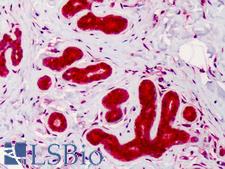
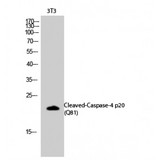
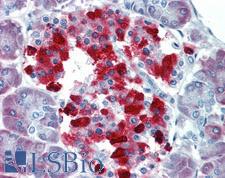
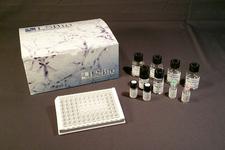
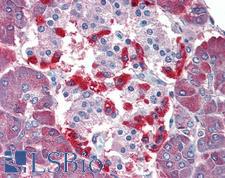
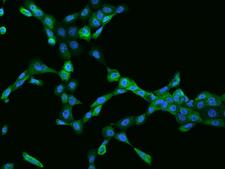
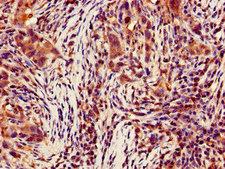

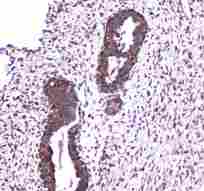
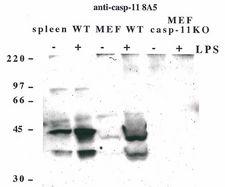

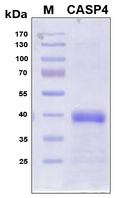
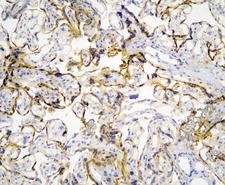
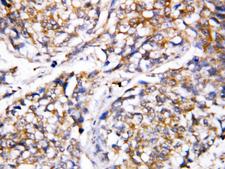
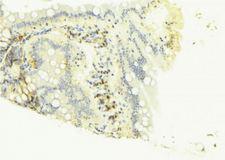
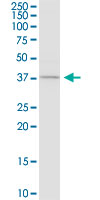
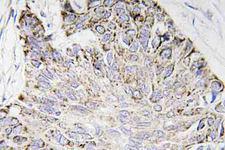
If you do not find the reagent or information you require, please contact Customer.Support@LSBio.com to inquire about additional products in development.










